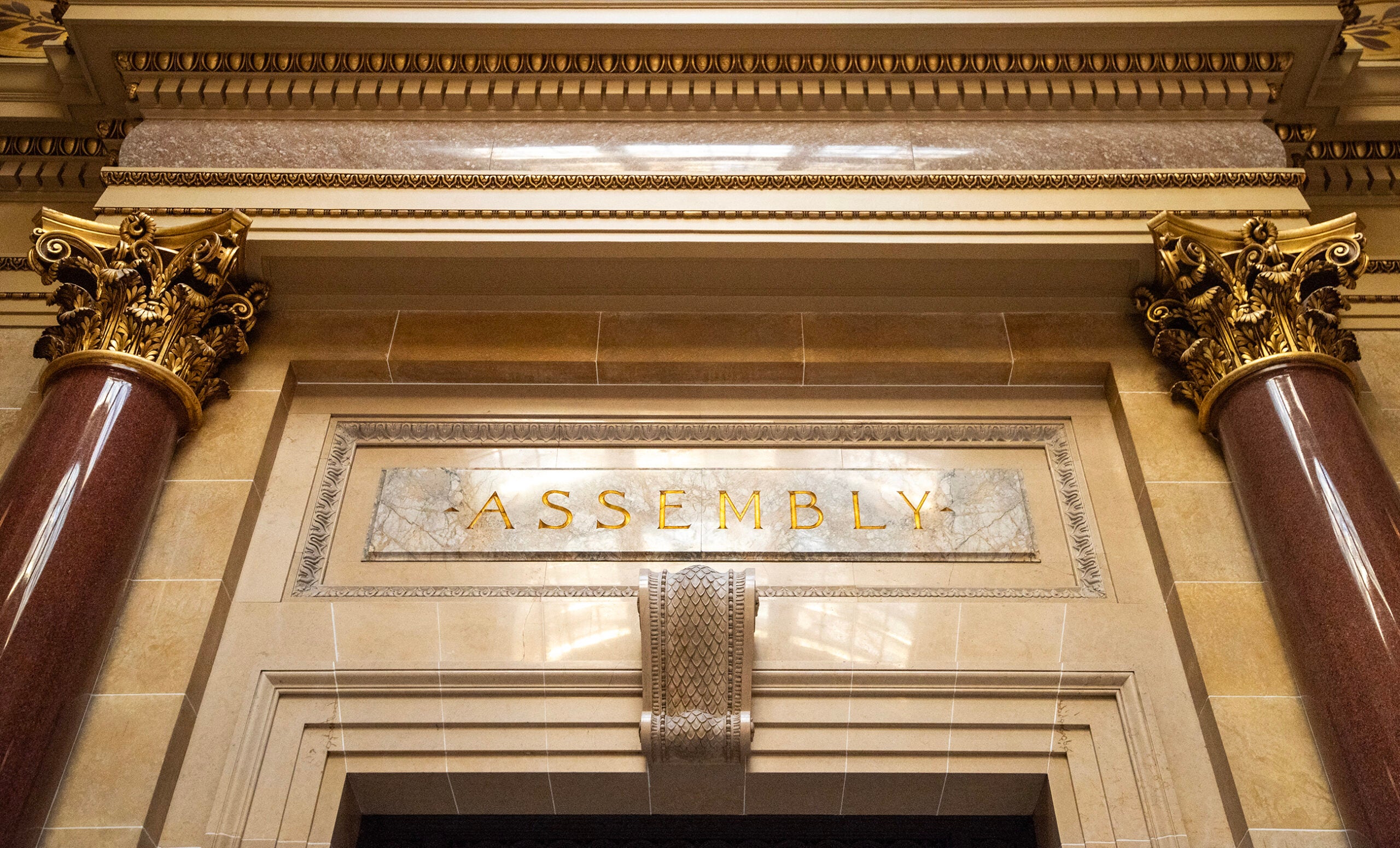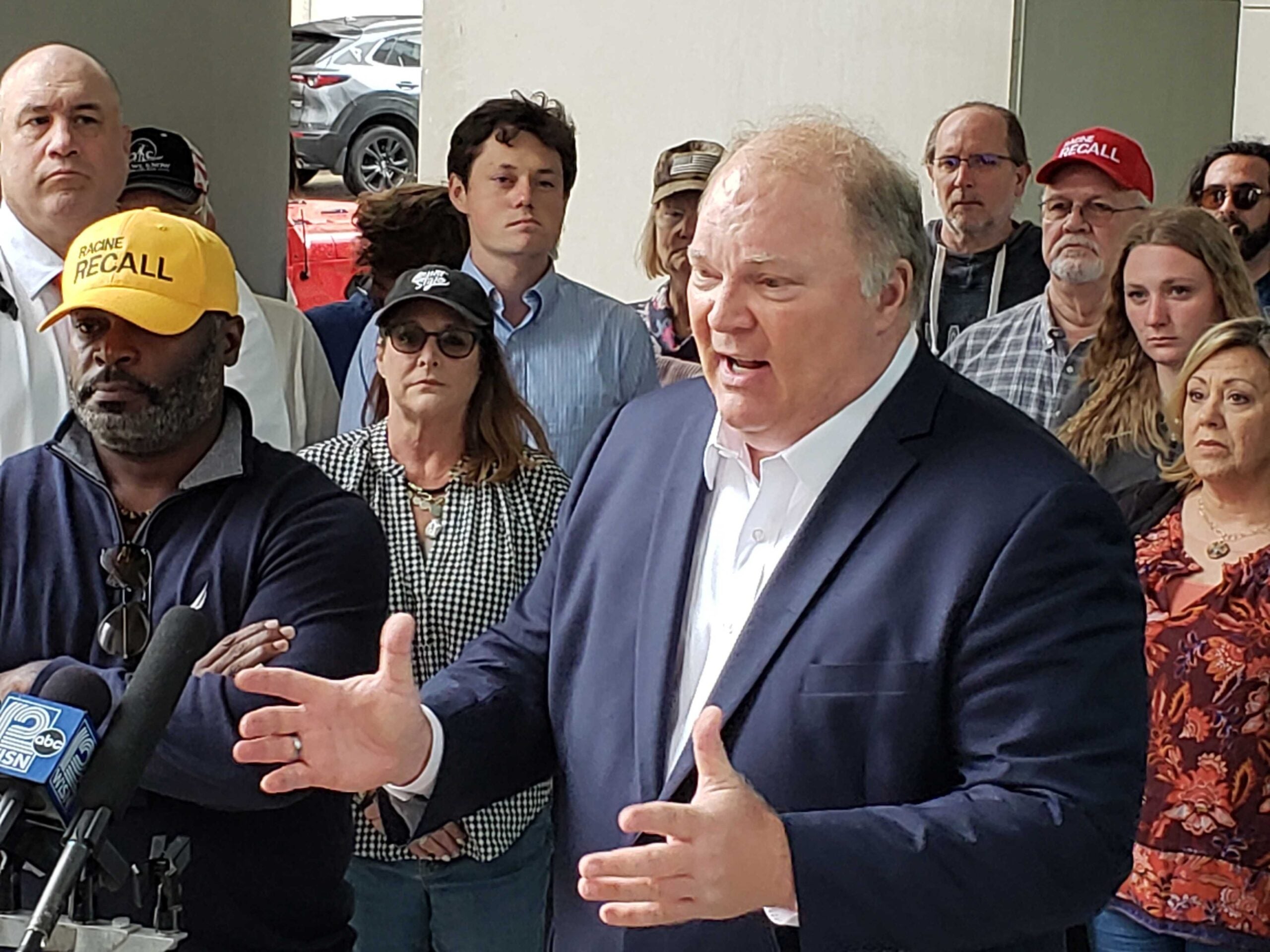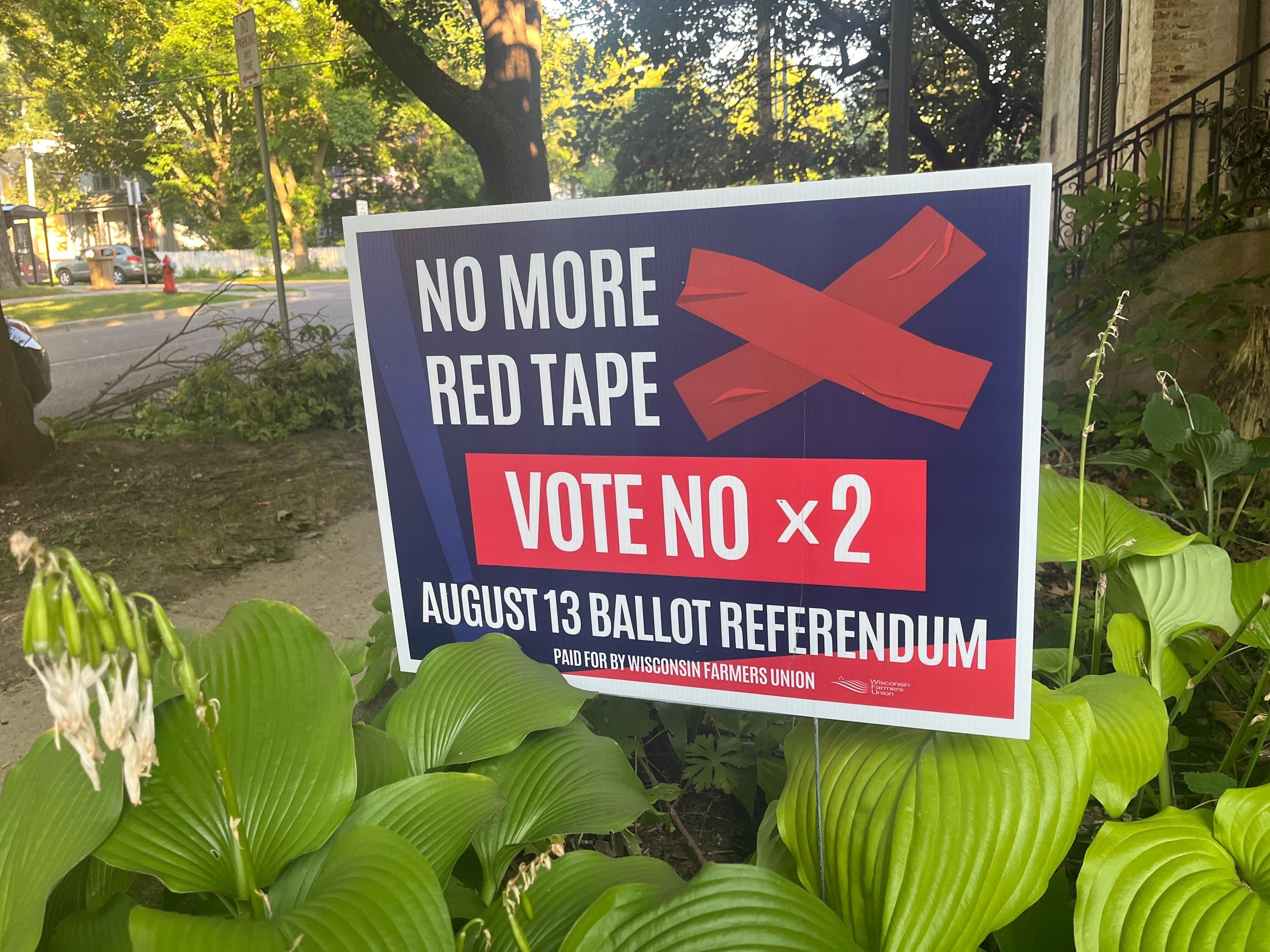The state Legislature has approved a constitutional amendment bolstering crime victim rights.
Both the state Senate and Assembly approved the measure on bipartisan votes Wednesday. The Senate passed it 27-5 and the Assembly approved it 82-15.
It will now be put before voters for final approval in the April 2020 election. Constitutional amendments must pass two consecutive sessions of the Legislature and be approved by voters.
News with a little more humanity
WPR’s “Wisconsin Today” newsletter keeps you connected to the state you love without feeling overwhelmed. No paywall. No agenda. No corporate filter.
The amendment, known as Marsy’s Law, largely duplicates existing victim protections, but goes further in several areas. Victims would have the right to be heard at plea, parole and revocation proceedings, the right to refuse defense attorneys’ interview, deposition or discovery requests and the right to attend all proceedings in their cases.
Proponents say it’s important to enshrine victim rights in the constitution and not just in state statutes.
“This is about protecting equal, legal rights to victims in the criminal justice process,” said state Sen. Van Wanggaard, R-Racine, who introduced the resolution.
He said victims deserve to know when any court proceedings occur, to share their story at multiple stages in the process, as well as to know when or if a defendant has been released, escaped or died.
Wanggaard was the only senator to speak in favor of the resolution during Wednesday’s hearing.
Opponents like Sen. Fred Risser, D-Madison, say Wisconsin already protects victim rights in the state’s laws and constitution.
Risser and Sen. Mark Miller, D-Monona, both cited Article I, Section 9, which enumerates several victim privileges and states: “This state shall treat crime victims, as defined by law, with fairness, dignity and respect for their privacy.”
“This doesn’t do anything for victims,” Risser said. “It doesn’t give them more money. It doesn’t give any more rights than they currently have or we could give them by statute.”
According to Risser and Miller, statutes should elaborate on the details of policy, whereas constitutions should provide broad, guiding principles.
In testimony submitted to a joint hearing in January, the American Civil Liberties Union argued similarly, saying: “Victim’s rights cannot be equated to the rights of the accused because they serve very different roles.”
Victim rights typically protect against other individuals, whereas defendant rights protect against abuses of state power. That difference, the ACLU argued, explains why defendant rights receive more elaboration in the constitution.
“Victims deserve to be protected and consulted during criminal proceedings, but adjustments to our current robust protections should be done through statutory provisions and without overburdening our criminal justice system and undermining defendants’ constitutional rights.”
The amendment isn’t specific to Wisconsin, which both Miller and Risser both discussed in their remarks. Mary’s Law is a nationwide effort launched by Henry Nicholas, the billionaire co-founder of Broadcom with a string of charges and indictments against him, after the murder of his sister. Marsy Nicholas was shot and killed by her ex-boyfriend in 1983 in California.
“The difference between our current constitution and the resolution before us is that the current language is not the language that is the result of a well-funded effort by a California billionaire to have his version of victims’ rights implemented to every state constitution like he did in California,” Miller said.
Wisconsin became the first state in the United States to adopt a crime victim bill of rights in 1980, according to the ACLU.
Wisconsin Public Radio, © Copyright 2026, Board of Regents of the University of Wisconsin System and Wisconsin Educational Communications Board.







